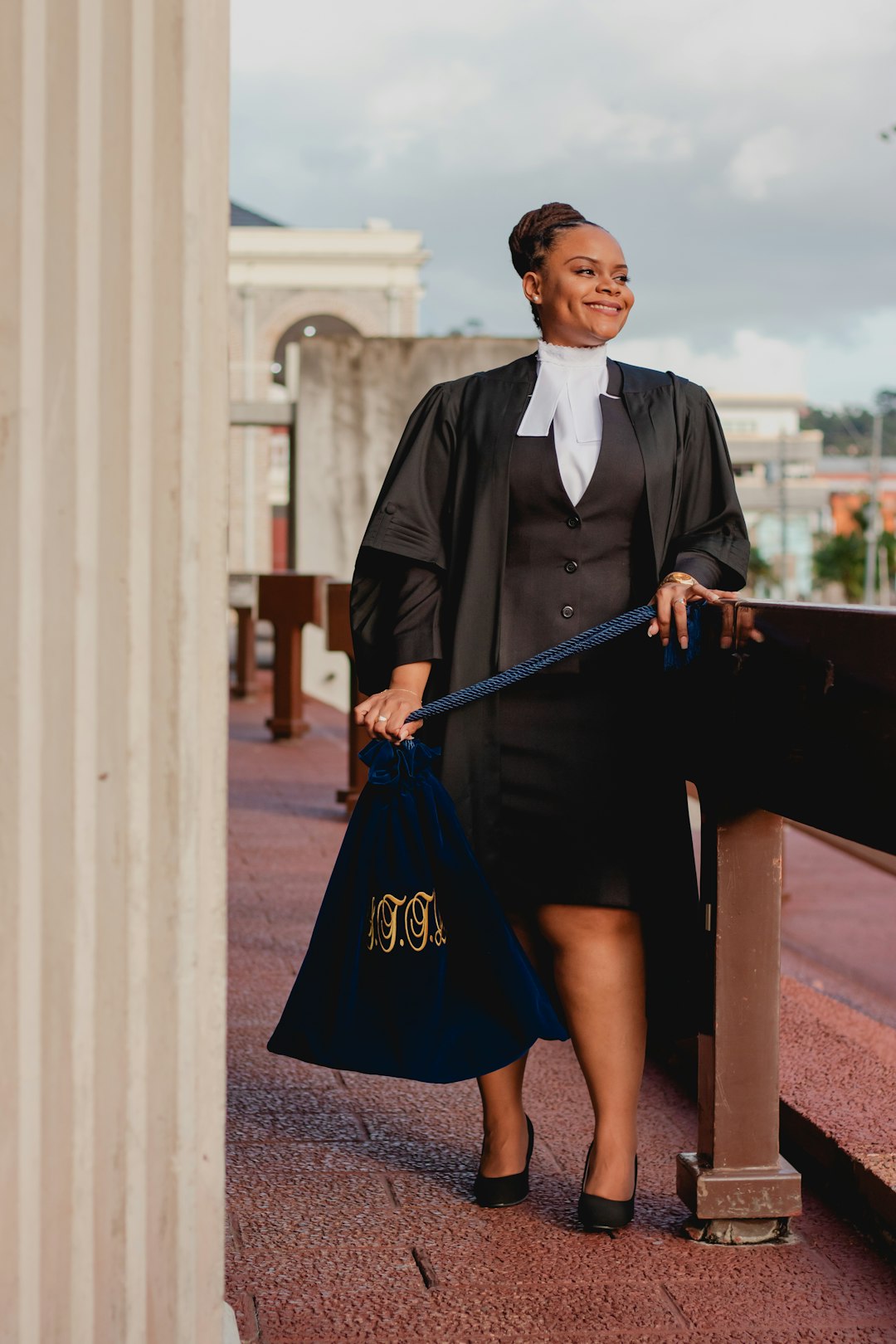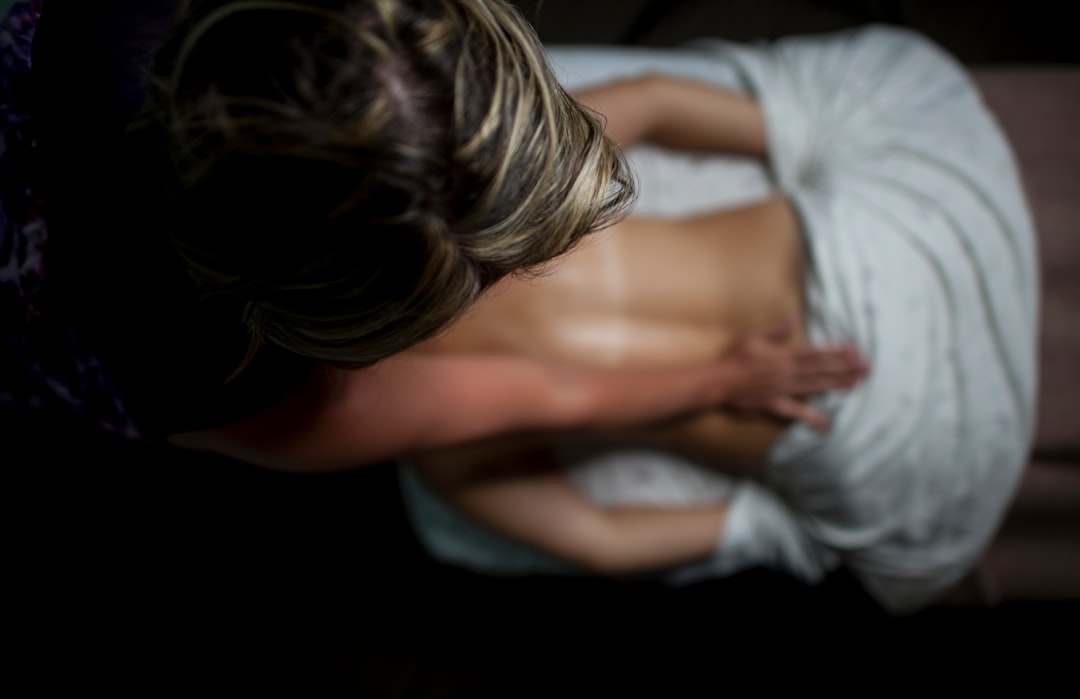Virtual Reality (VR) is transforming legal processes for massage abuse cases in Maryland by offering immersive experiences. Attorneys use VR to present 3D evidence and re-enactments, recreating spa environments and abusive interactions. This technology aids jurors in understanding complex details, leading to informed verdicts. However, it raises ethical concerns regarding privacy and consent that must be addressed through standardized rules for responsible VR usage.
In Maryland, virtual reality (VR) is transforming massage abuse trials, offering a novel approach to evidence presentation. This immersive technology allows lawyers to recreate scenarios, enhancing understanding of events and potential abuse. By providing a detailed, three-dimensional view, VR can clarify complex cases, ensuring justice for victims. The rise of VR in legal settings presents ethical considerations but also promising prospects for future lawsuits. Discover how this innovative tool is reshaping the landscape for massage abuse lawyers in Maryland.
Understanding Virtual Reality in Legal Settings
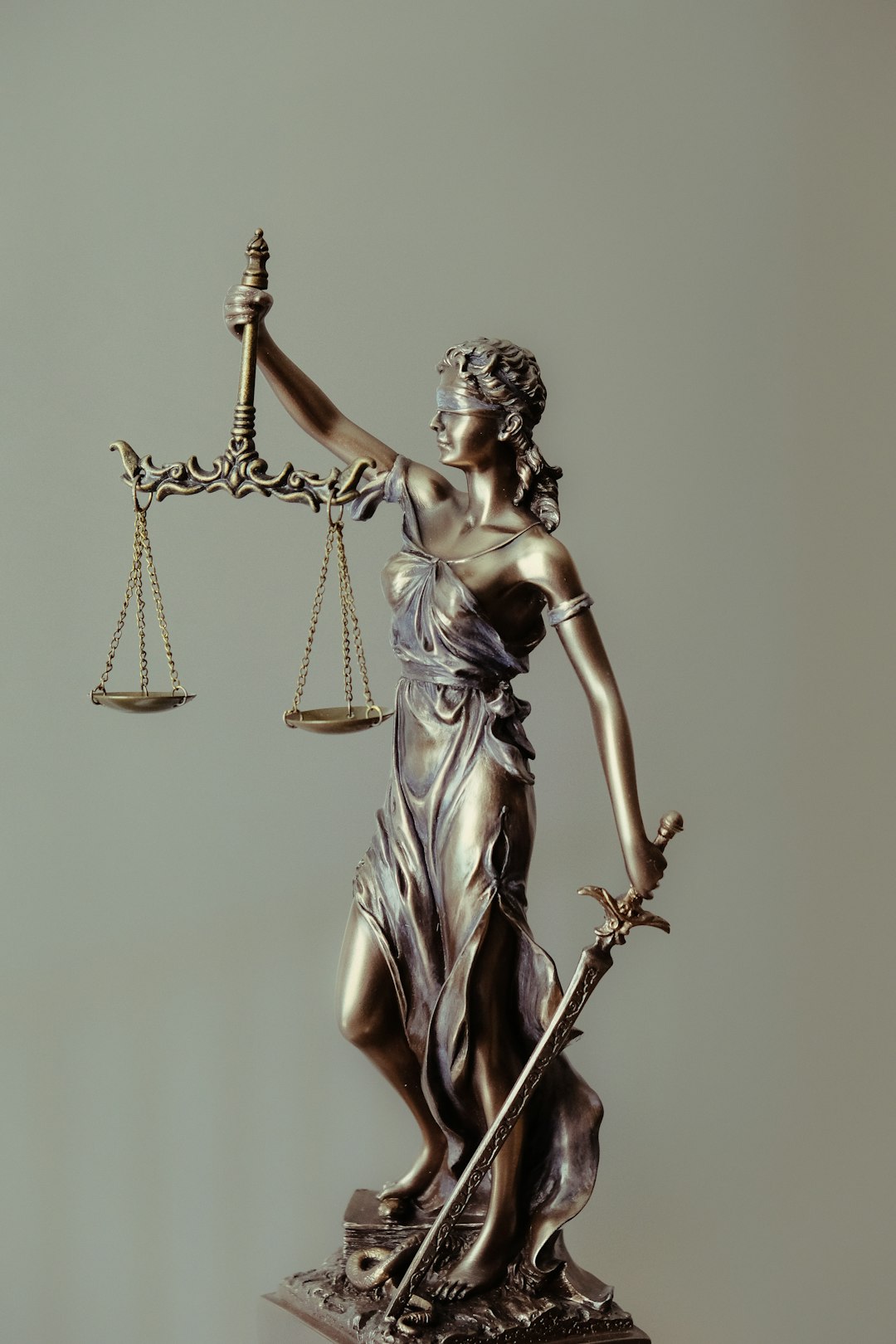
Virtual Reality (VR) technology is transforming legal settings, offering a unique and immersive experience for both lawyers and jurors in Maryland massage abuse cases. This innovative approach allows attorneys to present evidence and re-enactments in a three-dimensional space, enhancing understanding and engagement. VR can recreate scenarios involving massage spas, providing a realistic perspective of the alleged abuses.
For massage abuse lawyers in Maryland, VR offers an effective tool to convey complex details about the incidents. It enables jurors to virtually walk through spa environments, witness interactions, and experience the claimed abusive practices. This technology facilitates a more comprehensive comprehension of the evidence, potentially leading to more informed verdicts. By integrating VR into legal proceedings, Maryland massage abuse lawyers can ensure that every aspect of their case is meticulously presented and considered.
The Rise of VR for Massage Abuse Trials in Maryland
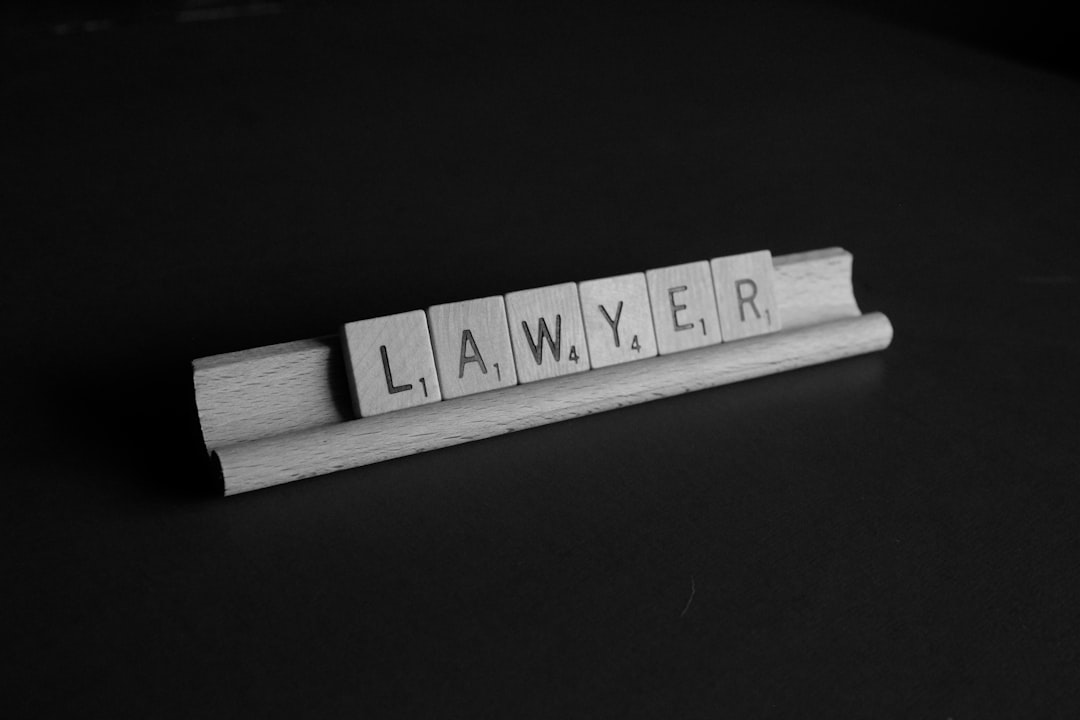
In recent years, virtual reality (VR) has emerged as a groundbreaking tool in the legal field, particularly for handling sensitive cases like massage abuse. Maryland, known for its progressive approach to law, has been at the forefront of this technological adoption, utilizing VR to create immersive and secure environments for abuse trial proceedings. This innovative use of technology allows for a more comfortable and safe experience for both victims and witnesses, who can relive and recount their experiences in a controlled virtual setting.
Massage abuse lawyers in Maryland are leveraging VR to recreate massage therapy sessions, enabling them to present cases in a compelling and visually engaging manner. This technology provides an opportunity for jurors to understand the dynamics of abusive situations, ensuring a more informed decision-making process. As VR continues to advance, its role in legal proceedings is set to grow, offering a promising path forward for handling massage abuse cases with enhanced sensitivity and precision.
Enhancing Evidence Presentation with Immersive Tech

In modern legal proceedings, particularly in cases involving massage spa abuse, immersive technology is transforming evidence presentation. Virtual Reality (VR) offers a unique and powerful tool for lawyers in Maryland to showcase and communicate complex scenarios, such as detailing abusive practices or demonstrating the impact of trauma on victims. By creating immersive environments, VR allows jurors to experience firsthand the conditions faced by clients, fostering a deeper understanding of the issues at hand.
This innovative approach can significantly enhance the impact of testimony and evidence, making it easier for jurors to comprehend intricate details that might otherwise be challenging to visualize. For massage abuse lawyers in Maryland, leveraging VR technology ensures that the narrative is not just conveyed but felt, potentially leading to more compelling and just outcomes during trials.
Ethical Considerations and Future Prospects for VR Lawsuits
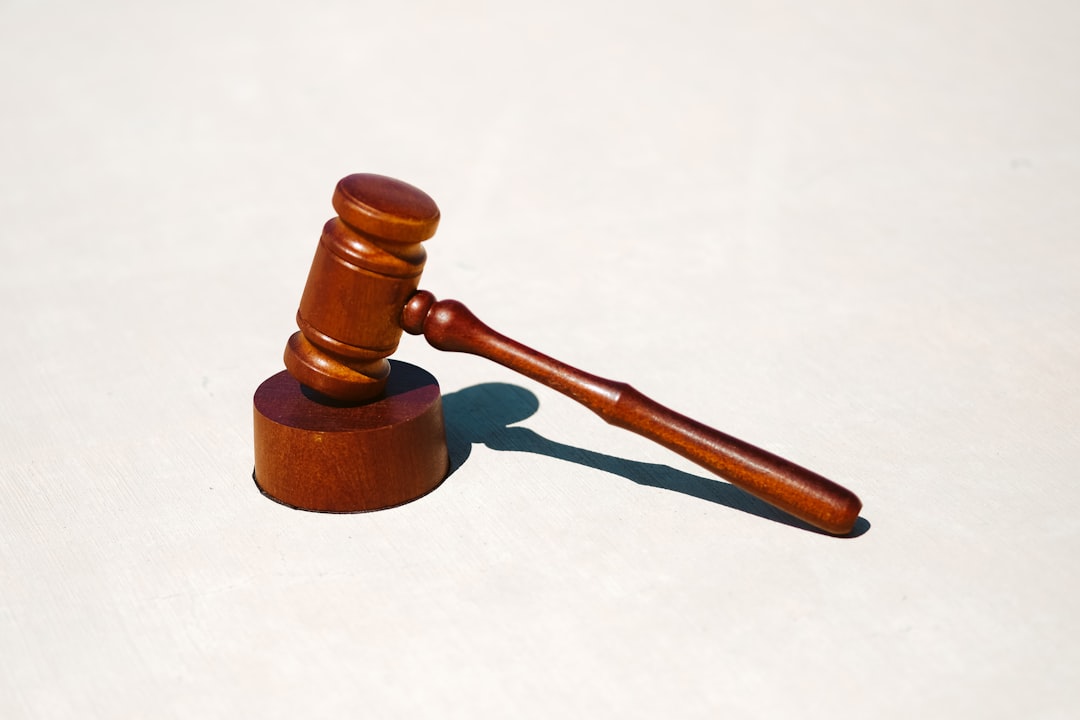
As Virtual Reality (VR) technology advances, its application in legal settings, particularly in cases like massage spa abuse trials in Maryland, raises intriguing ethical considerations. Lawyers and judges must navigate the potential benefits of using VR to recreate and experience abusive scenarios while ensuring client privacy and fair trial principles. The immersive nature of VR can provide a powerful tool for presenting evidence and allowing jurors to understand the severity of the crimes, but it also opens doors to concerns about consent, data security, and the risk of sensationalizing sensitive cases.
Looking ahead, the future of VR in lawsuits presents both prospects and challenges. While it offers a promising way to enhance legal procedures, especially for complex cases like massage abuse claims, there’s a need for standardized guidelines and regulations. As Maryland massage abuse lawyers embrace this technology, they must stay updated on ethical frameworks and technological advancements to ensure that VR is used responsibly and effectively within the legal framework, ultimately contributing to more just outcomes in these sensitive matters.
